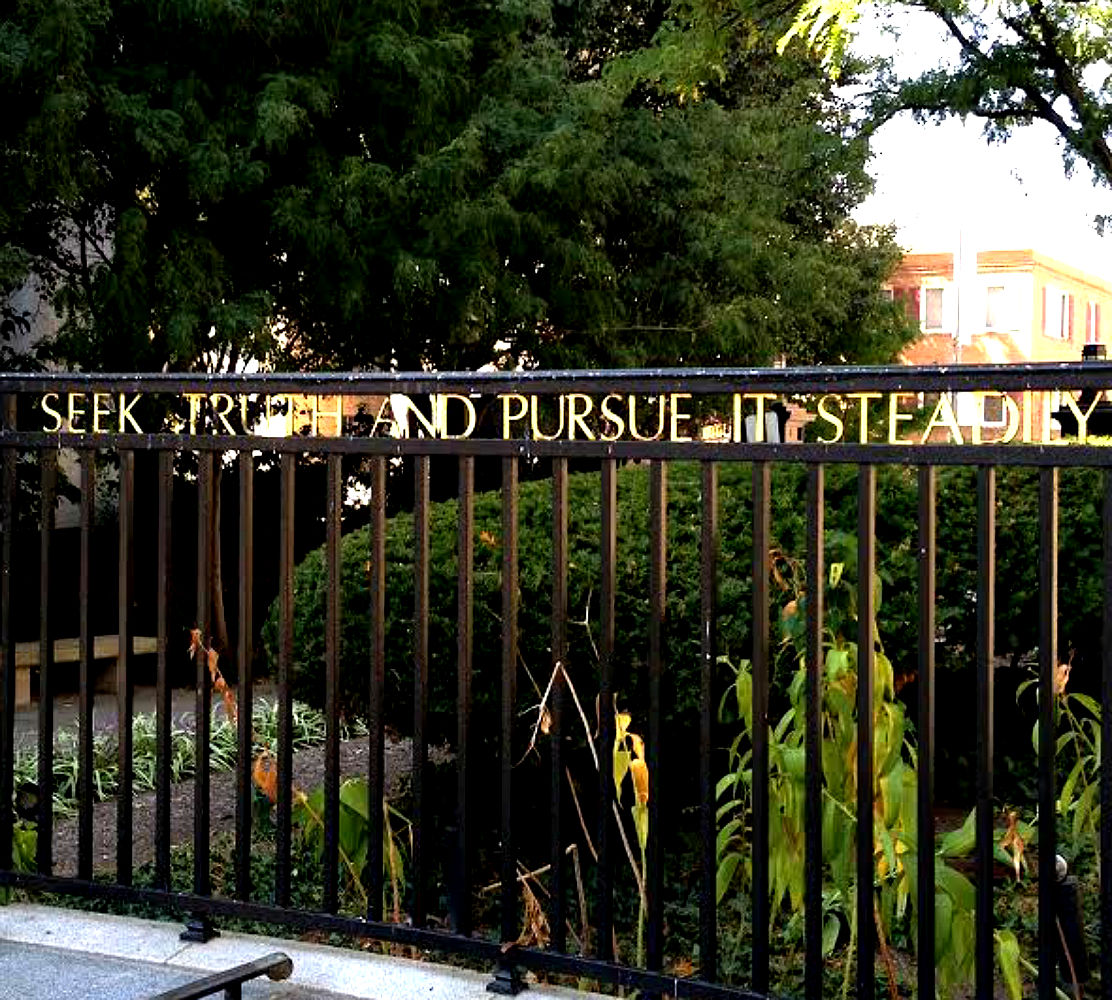“Life changes in the instant. The ordinary instant.” -Joan Didion
“Maybe that’s what life is…a wink of the eye and winking stars.” -Jack Kerouac
Life changes in a blink. A misstep, an accident, being in the wrong place at the wrong time. The seconds and even microseconds seem an eternity. Nothing will ever be the same from that moment. Everything that happens in that instant, flash, blink, changes the whole world, your whole world, and you can never go back.
A few weeks ago I was in an automobile accident, my friend was driving. It was on a highway, at speed, involving two other cars besides ours. Amazingly, no one was hurt (I assume this, since the culprit who caused the wreck kept right on going and never stopped). The cars were damaged, my friend’s car took the worst of it. It is in the shop so that it can be fixed up, as good as new. All of this happened in a blink, an instant. Too fast to even register what was happening. Our plans for the day were shattered. My friend will be dealing with this for months, by the time all the repairs are done, bills paid, insurance adjusted. But cars can be fixed, as good as new. This is what got me thinking.
Injury, accidents and trauma, illness represent a nearly universal experience. No one is spared, it is only a matter of degree from a paper cut, to a stumble and fall, to a sprain or broken bone, to a wreck, or major trauma or burn. It can be a major invasive infection, with gangrene or an abscess. We get sick. Sometimes it is temporary and self-limited, like a head cold or food poisoning. You can feel pretty bad, but it gets better and you go about the rest of your life. Almost no perceptible lingering effect, except maybe some new antibodies. Or you can become ill with a more serious, chronic condition, usually not curable and frighteningly silent, like high blood pressure or diabetes. These illnesses can be controlled, kept in check by medications, but not cured; over time, even if they seem silent, they too leave their marks, more severe than one might think. Chronic illness shares with the acute trauma the feature that they all leave lingering traces, the effects and scars staying with us as long as we continue to be. In those moments that we find out about our new condition, if we really think about it, our world is changed then, too. Just maybe not exactly in a blink.
As life altering as a trauma is, or finding out about a chronic disease, there is one other time when a person, a patient, has their life changed in a blink.
In the time it takes for the breath to form words. “The diagnosis is cancer.” In that moment, that blink, the ground shifts and world has changed. Plans chucked out the window, as this news takes over everything — work, home life, family, relationships. Eternity, the rest of their lives, is contained in that blink.
In those moments, the patient’s mind screams, “She just said Cancer!”, and it drowns out everything else. Yet I forge on with the explanations and plans, because it is expected. I need to say something to fill the vacuum left as the air was just sucked out of the room with that breath, that news. I have spoken to my patients about this, and I have felt this reaction, too. I remember what it is like to hear really earth shattering news. The white noise of the shock, hearing your heart beat and the blood rushing in your ears; the drone of the voice explaining in the background. Yet still I forge ahead with those results and explanations and plans. I answer questions if they can ask, but not the ones they really want to know.
I know we will sit down another time, after the shock subsides, and review it all again. Only this time they will be able to hear. I still can’t give them the answers they really want to know, the answers to the questions, “Has it spread”, “Will I die?”, ” When will I die?”, ” How long do I have? ” I have statistics based on the outcomes for large populations of patients, so we review the educated guesses that those provide. I know, though, that whatever happens isn’t going to happen to 90% or 10% of them, but to 100% of them. I have great data, but it is still a guess, albeit highly educated. I am not able to give them the certainty that they want, that I wish I could provide. We are working with the bell curve here, and there are outliers. If the patient skews too far to one side or the other, totally statistically possible, something different than common expectation happens. In these situations, I wonder that they don’t think we doctors are all nuts and quacks (or worse). No crystal ball here, I simply can’t predict the future.
People, unlike cars, can’t really be fixed up as good as new. Elite athletes can come back from injuries, and some of them even go on to have great careers after injury. But they are not unscathed, they have made adjustments and accommodations. They have scars. We don’t really see them, either, after those fleeting careers have ended, and the real long term results of those injuries are unmasked. They are also a minority of injured athletes, and the rest of us are not quite like elite athletes either. We all bear our scars, make adjustments, take treatments. We may function perfectly well, good enough. But never quite like what was or might have been. We can be stitched up, splinted and set, abscesses drained, burns grafted, operated, medicated, treated; diseases can be controlled, go into remission, sometimes be cured. But, once there, illness or injury, it is never completely gone, no return to the way things were before. Always a scar, or a pill, or a mark, something left behind. Even risk of resurgence or recurrance.
I too have my own scars to show, and my pills and treatments. I have been on both sides of these conversations. I can wish it weren’t so, but I know I can’t go back to the way things were, the damage cannot be undone. I can’t undo a condition, can’t undo a trauma. Treated, controlled, managed, fixed– not back to the way it was, but good enough to do what I need to do, what I want to do.
This is one of the hardest parts of my job. Telling someone that they have cancer, or a life changing diagnosis; the extent of their injury, trauma, burn, infection, what this will mean for them, how their life is changed. Even as I see them dealing with their world crumbling around them, my job is to help them realize they can pick up the pieces to build their new world, shore themselves up. To help them understand, make treatment plans, make life plans, and all of the other plans and hopes and dreams, for however long it will be for them. It is hardest when we know time may be shortest.
I always leave a little piece of my heart and a little piece of my soul in this sacred space where I am sitting with the patient as we have this conversation. I don’t worry that I will use up all of my heart and soul, because I know they will grow back, with scar tissue. A little piece of each of those patients in those scars, reminders. Eternal memory. I go on, with the new scar, forever changed. In a blink.


Absolutely the Best’ article I have read in a longgg time.
We had to put my daughters’ family dog(Jerry) down–
yesterday”He had many problems-Cancer’ being one–
Our Hearts are broken-I have been so sad all day–Sad
for all of us-especially my Daughters children–Reading
this helped me so much”Can’t explain why–It just did”